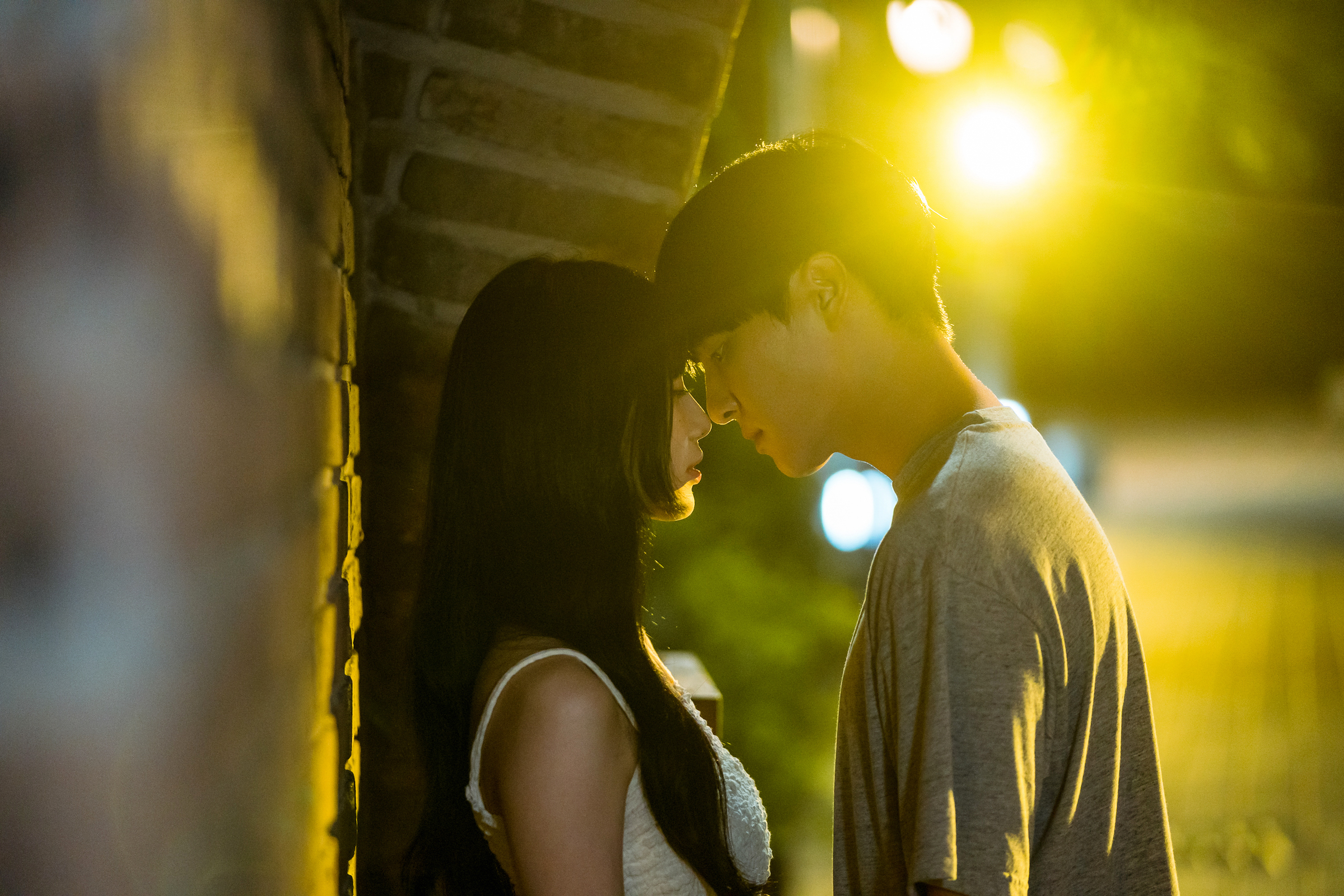Warning: This post contains spoilers for Doona!
Doona!, out Oct. 20 on Netflix, adapts the popular South Korean webtoon The Girl Downstairs for a K-drama about a former K-pop idol who may or may not fall for her regular-guy roommate. Starring the South Korean actor Bae Suzy (who in real life was part of a K-pop girl group) as the titular Doona, the series is helmed by Lee Jung-hyo—the director of 2019’s internationally acclaimed romance romp Crash Landing on You.
[time-brightcove not-tgx=”true”]
Doona! is part of Netflix’s continued foray into webtoons—and one of at least four webtoon-based K-dramas coming to the platform in 2023. These web comics, primed to thrive on mobile platforms, have amassed tens of millions of readers in Korea since gaining popularity in the early 2000s and inspired many hit K-dramas, including last year’s zombie horror All of Us Are Dead and the 2018 rom-com What’s Wrong With Secretary Kim.
Read More: Why So Many Of Your Favorite K-Dramas Are Based on Webtoons
Doona! follows Lee Doona, the linchpin of K-pop girl group Dream Sweet. At the peak of her career, Doona makes the surprising move to drop out from the industry and reside in a sharehouse in a college town, where she meets Lee Wonjun, a 20-year-old freshman living upstairs who barely knows who she is.
Their first meeting goes awry after Doona, a sweetheart in the public eye, acts out of character and accuses Wonjun of being a stalker. But Doona soon begins pestering him to eat together and hang out more often. Wonjun learns that Doona has no concept of life outside celebrity, and is only now learning about the real world. Over nine episodes, the two characters navigate their mutual attraction and their respective personal issues: Doona has to decide if she wants to continue a life as an entertainer, while Wonjun is trying to secure a job and a stable life as his family’s breadwinner and deal with an old love who resurfaces at his university.
Bringing Doona! to TV
Director Lee Jung-hyo wanted Bae Suzy to play Doona, given her history as K-pop idol. From 2010 to 2017, Suzy performed with the Chinese-Korean group Miss A under JYP Entertainment. Playing Doona, Suzy tells TIME, she sometimes felt envious of the character when she reflected on personal experiences as an idol.
“There were certain moments where I wasn’t even able to detect the fact that I was going through a tough time,” she says. “Doona, she was able to know that she was going through a tough time because she was so honest.”
The K-pop industry has been notorious for being cutthroat and difficult for its young trainees, and has been plagued by scandals and deaths related to mental health issues. In the series, Doona gets overwhelmed by the push-and-pull of constantly meeting the public’s expectations while simultaneously failing to do so.
“Celebrities and people in the entertainment industry, they are still just your everyday people,” Suzy says. “I was able to express the very raw feelings and emotions that the character goes through. I was very happy to be able to capture that.”
How Doona! differs from the webtoon The Girl Downstairs
The source material, The Girl Downstairs, is a weekly webtoon by Min Song-a which ran for over three years beginning in 2019 and gained a large following. With 41 million views on the WEBTOON platform, it has been published in eight different languages, and its 150-plus episodes have been compiled into three separate books.
The Girl Downstairs is replete with meet-cutes, confessions, third (and even fourth) party tensions, all blossoming into what it self-reflexively calls a “heart-throbbing” and “heart-aching” love story.
Given its lengthier format, much of the plot of The Girl Downstairs meanders: for a while, readers are left to guess with whom Wonjun will be romantically involved. The tone of the webtoon is also more comical and outlandish, with foil characters behaving like caricatures.
Doona! isn’t completely spared from the comedy, but it gives more screen time to developing the dynamics between Wonjun and Doona, and takes on a more slice-of-life tone peppered with quieter, lovey-dovey moments.
“The sheer volume had to be condensed into the live action series so I was able to focus on the two main leads,” director Lee Jung-hyo tells TIME. “Rather than it being a romantic comedy, we focus more on the romance aspect of it.”

